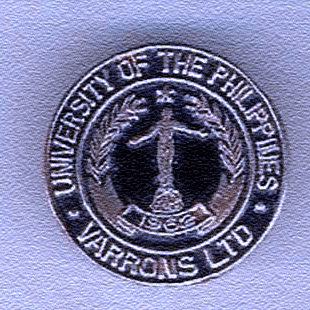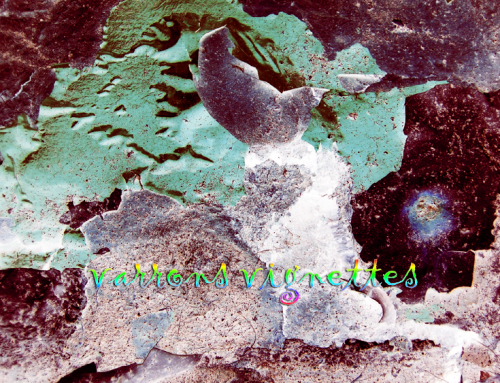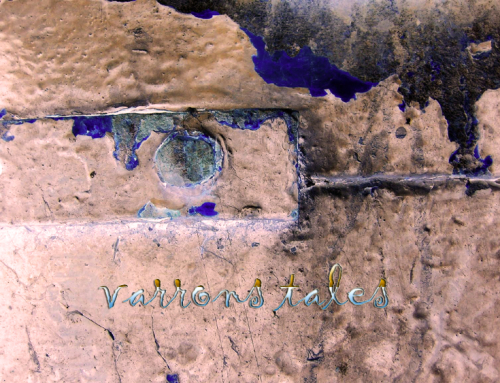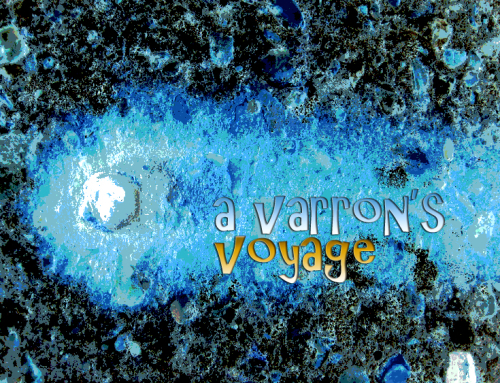Can you tell us about your life in the US as a genetics expert (that is, before you re-germinated as an IT professional)?
I was a research scientist/product evaluation manager/team player/marketing analyst/breeder-geneticist for a large multinational corporate private biotech company. This is the very anti-thesis of my political inclinations as an undergrad, being totally opposed to capitalism and corporate greed. Would I do the same things all over again if given the chance? You bet! The experiences of working in an international corporate setup helped me grow as an individual since I was exposed to all the cultures of the world, having the opportunity to cater to clients here in the US, Latin America, Europe, Australia and the rest of the world.
As a professional I was fully cognizant of all the brilliant scientific minds around and the genetic engineering technology available in my field. I can speak my own mind freely on anything, and in my field with authority, and was aware as a team player of everybody’s contribution in achieving goals and objectives. As such the myopic existent self merges with the rest in your team and you have a great contribution as an individual, but selflessness emerges, and it is liberating to be such. No ego tripping gets in the way. As the pioneering team in our company we were empowered by the management to make full marketing and research decisions, a pilot structure that led to the re-alignment of all projects in the company in such fashion.
To survive and flourish in the corporate world entails for you to be very well-rounded. You develop your full potential this way and you can be assertive in your beliefs and technical expertise, and yet be socially savvy to deal with clients and customers from diverse backgrounds. The company also used to have annual Leadership and Management Training to bleed the most productivity out of you. We once spent a full day and a half on “Time Management” – talk about oxymoronic! We must really have been utterly productive when we went back to work after that.
Advanced communication skills to share ideas with a varied audience are also paramount. Having said this – I had the rare privilege of moving about in the world as my backyard, whether looking at field trials in summery Alaska, checking out research production in Australia, promoting products in Spain, France, Guatemala or Mexico, or conversing with kids in Madrid or Paris.[/fusion_text][/fusion_builder_column]

Philip with Ryan (left) and Hugo in France, 1996.
On a more particular level I was working for a length of time for a French-owned company. Little did I know at the start that the company was actually owned by a group of French farmers belonging to a cooperative. France might seem like a semi-socialist country but the system works for them. The French government has a policy of protecting and maintaining the agrarian lifestyle, versus the unstoppable urbanization evident here in the US and elsewhere. As such the farmers are well-supported and protected, and are the ones with the final say on what will work for them. When I met the group of said farmer-owners on their trip to the US, since they did not speak English I gave the presentation in French. I’ve never seen a bunch of more grateful and appreciative audience. The fact that I told them my parents were also farmers made them even more endearing.
Spain also has a similar cooperative system, but the farmers are more independent of the government. Either way the smaller growers or farmers survive, since they have a network of support to bank on. Mexico and the rest of Latin America and emerging economies of the world fall into the same feudal pattern – the rich and powerful elite minority rule the politics and economy of the poor agrarian sector. Such was my view as a plant geneticist and political being.
Last Updated on April 11, 2021 by Tudla_Admin
















Leave A Comment